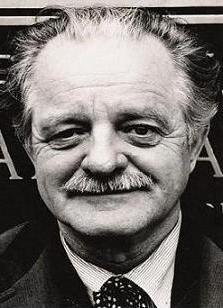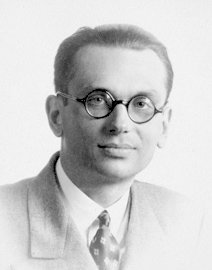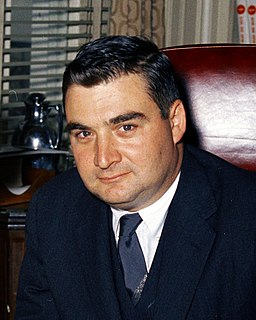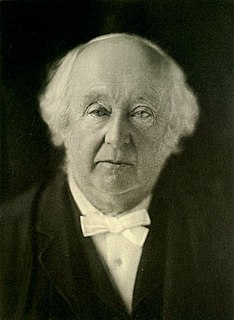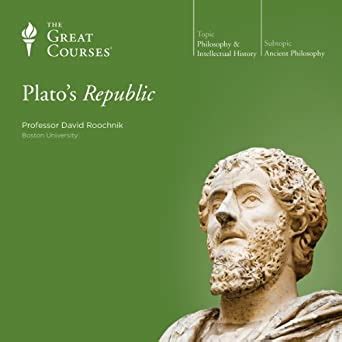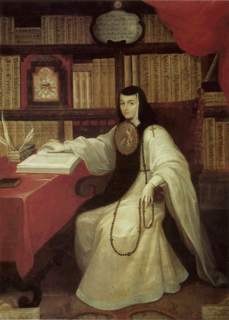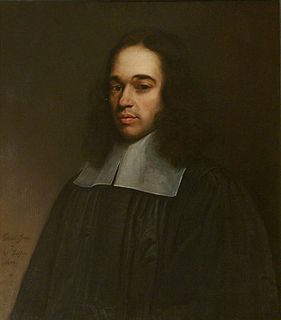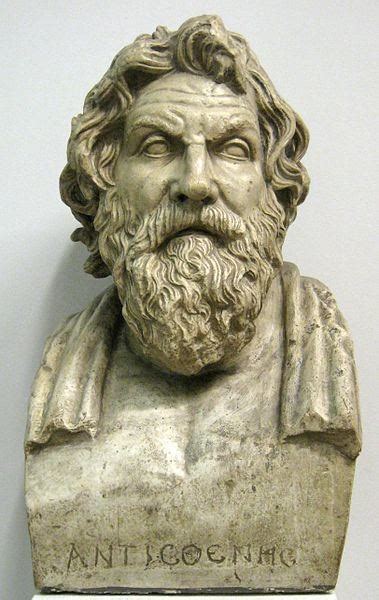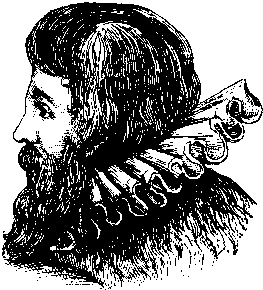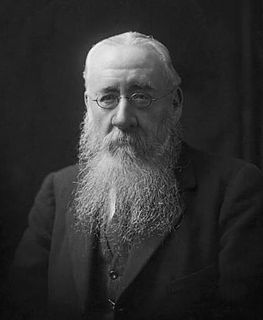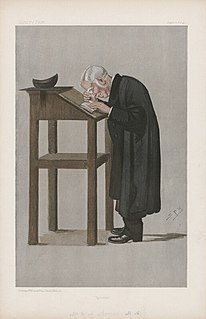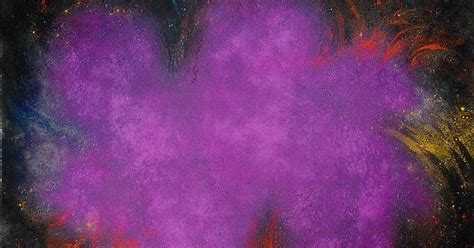Top 594 Plato And Aristotle Quotes & Sayings - Page 2
Explore popular Plato And Aristotle quotes.
Last updated on April 20, 2025.
Eratosthenes was the director of the great library of Alexandria, the Centre of science and learning in the ancient world. Aristotle had argued that humanity was divided into Greeks and everybody else, whom he called barbarians and that the Greeks should keep themselves racially pure. He thought it was fitting for the Greeks to enslave other peoples. But Erathosthenes criticized Aristotle for his blind chauvinism, he believed there was good and bad in every nation.
Ways of loving from a distance, mating without even touching-Amor platonicus! The ladder of love one is expected to climb higher and higher, elating the Self and the Other. Plato clearly regards any actual physical contact as corrupt and ignoble because he thinks the true goal of Eros is beauty. Is there no beauty in sex? Not according to Plato. He is after `more sublime pursuits.' But if you ask me, I think Plato's problem, like those of many others, was that he never got splendidly laid.
You could give Aristotle a tutorial. And you could thrill him to the core of his being. Aristotle was an encyclopedic polymath, an all time intellect. Yet not only can you know more than him about the world, you also can have a deeper understanding of how everything works. Such is the privilege of living after Newton, Darwin, Einstein, Planck, Watson, Crick and their colleagues.
When Catholicism goes bad it becomes the world-old, world-wide religio of amulets and holy places and priestcraft. Protestantism,in its corresponding decay, becomes a vague mist of ethical platitudes. Catholicism is accused of being too much like all the other religions; Protestantism of being insufficiently like a religion at all. Hence Plato, with his transcendent Forms, is the doctor of Protestants; Aristotle, with his immanent Forms, the doctor of Catholics.
Aristotle turns out to be an extremely practical guide for those asking such personally profound questions, like: What should I do next to find meaning and fulfillment in the next stage of my life?. He offers timeless advice to business people who want to be successful both at work and in their private lives. For example, he shows how business leaders can create successful organizations and, at the same time, behave ethically. Come to think of it, the CEO of Wal-Mart should study Aristotle!
Plato assumes somehow that government is a way in which you put unselfish and ungreedy men in charge of selfish and greedy men. But government is an institution whereby the people who have the greatest drive to get power over their fellow men, get in a position of controlling them. Look at the record of government. Where are these philosopher kings that Plato supposedly was trying to develop?
Modern man, seeking a middle position in the evaluation of sense impression and thought, can, following Plato , interpret the process of understanding nature as a correspondence, that is, a coming into congruence of pre-existing images of the human psyche with external objects and their behaviour. Modern man, of course, unlike Plato , looks on the pre-existent original images also as not invariable, but as relative to the development of a conscious point of view, so that the word "dialectic" which Plato is fond of using may be applied to the process of development of human knowledge.
I had no idea what philosophy was until I went to college at UBC. I first read Hume and Plato, so naturally I was under the misapprehension that philosophers are trying to figure out what is true, and that contemporary philosophers are mainly trying to figure out what is true about the mind. Of course Hume and Plato were trying to do that, hence my misapprehension.
I have rarely read anything which has interested me more, though I have not read as yet more than a quarter of the book proper. From quotations which I had seen, I had a high notion of Aristotle's merits, but I had not the most remote notion what a wonderful man he was. Linnaeus and Cuvier have been my two gods, though in very different ways, but they were mere schoolboys to old Aristotle.
Others of them employ outward marks ... They style themselves Gnostics. They also possess images, some of them painted and others formed from different kinds of material. They maintain that a likeness of Christ was made by Pilate at that time when Jesus lived among them. They crown these images, and set them up along with the images of the philosophers of the world, such as Pythagoras, Plato, and Aristotle, and the rest. They have also other modes of honoring these images just like the Gentiles.
I came to Paul at quite an early age, having already studied Plato and Aristotle; and I found Paul easily their intellectual equal, though he was handling these amazing questions about God, Jesus, Israel, faith and so on. He continues to be an amazingly stimulating thinker, especially when we try to understand the flow of thought in letter after letter rather than just combing him for a few verses on 'our favourite topics', which, sadly, some Christian teachers do just as some journalists and broadcasters do!
My curiosity, alas, is not the kind that can be satisfied by objective knowledge. Plato said that opinion is worthless and that only knowledge counts, which is a neat formulation. ... But melancholy Danes from the northern mists understand that opinion is all there is. The great questions transcend fact, and discourse is a process of personality. Knowledge cannot respond to knowledge. And wisdom? Is it not opinion refined, opinion killed and resuscitated upward? Maybe Plato would have agreed with this.
There is nothing that has caused me to meditate more on Plato's secrecy and sphinx-like nature, than the happily preserved petit fait that under the pillow of his death-bed there was found no 'Bible,' nor anything Egyptian, Pythagorean, or Platonic - but a book of Aristophanes. How could even Plato have endured life - a Greek life which he repudiated - without an Aristophanes!
